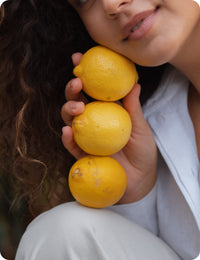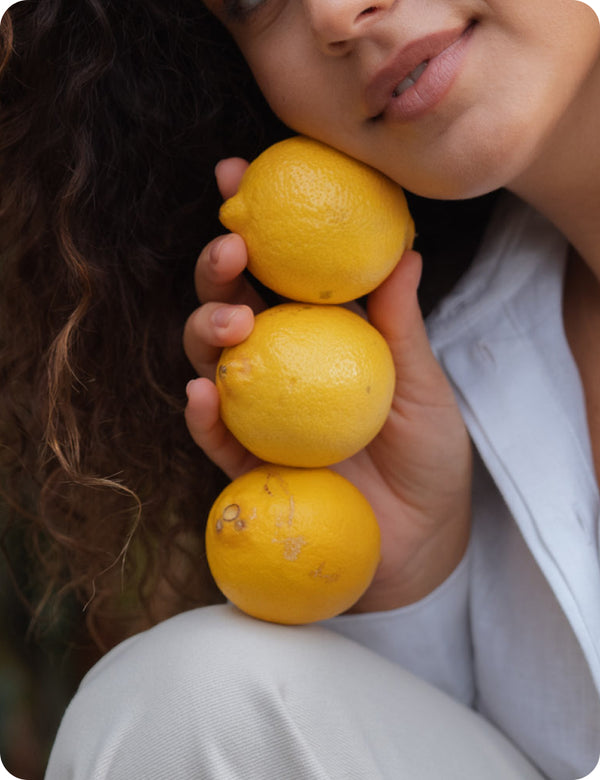Anti-aging from the grapevine
OPCs for skin and hair
OPCs protect the collagen structure of the skin from degradation caused by UV radiation and free radicals. They inhibit certain enzymes (e.g. collagenases and elastases) that are responsible for skin ageing.The result: the skin appears smoother, more elastic and fresher. Fine lines and UV-induced skin damage can be reduced. The natural glow returns.
OPC can also play an important role in hair loss: The circulation-promoting properties improve the supply to the hair root, while the antioxidant effect reduces oxidative stress at the hair root - an often underestimated factor in diffuse or hormonal hair loss.
OPCs for cardiovascular health
OPCs strengthen our blood vessels on several levels: They protect the endothelial cells (the inner lining of the blood vessels), reduce bad LDL cholesterol, have a vaso-relaxing effect and thus help to regulate blood pressure. Numerous studies indicate that OPCs can make a significant contribution to cardiovascular prevention - especially in combination with other antioxidant plant substances.
"OPCs are small molecules with a big effect"
Hormone balance and menopause
The menopause brings with it many changes - both hormonal and emotional. OPCs can provide support on several levels during this phase of life: Their antioxidant and anti-inflammatory properties help to alleviate typical menopausal symptoms such as hot flushes, sleep problems or mood swings. The improved blood circulation supports general vitality and performance. OPCs stabilize the blood vessels and thus also alleviate circulatory problems that occur more frequently during the menopause. There is also evidence that OPCs slow down the breakdown of collagen - which is particularly important for skin firmness and connective tissue during this hormonal phase.
Conclusion
Grape seeds therefore hold very promising potential for our beauty and our health.However, only a high-quality, standardized grape seed extract with a high OPC content is able to deliver on this promise.




